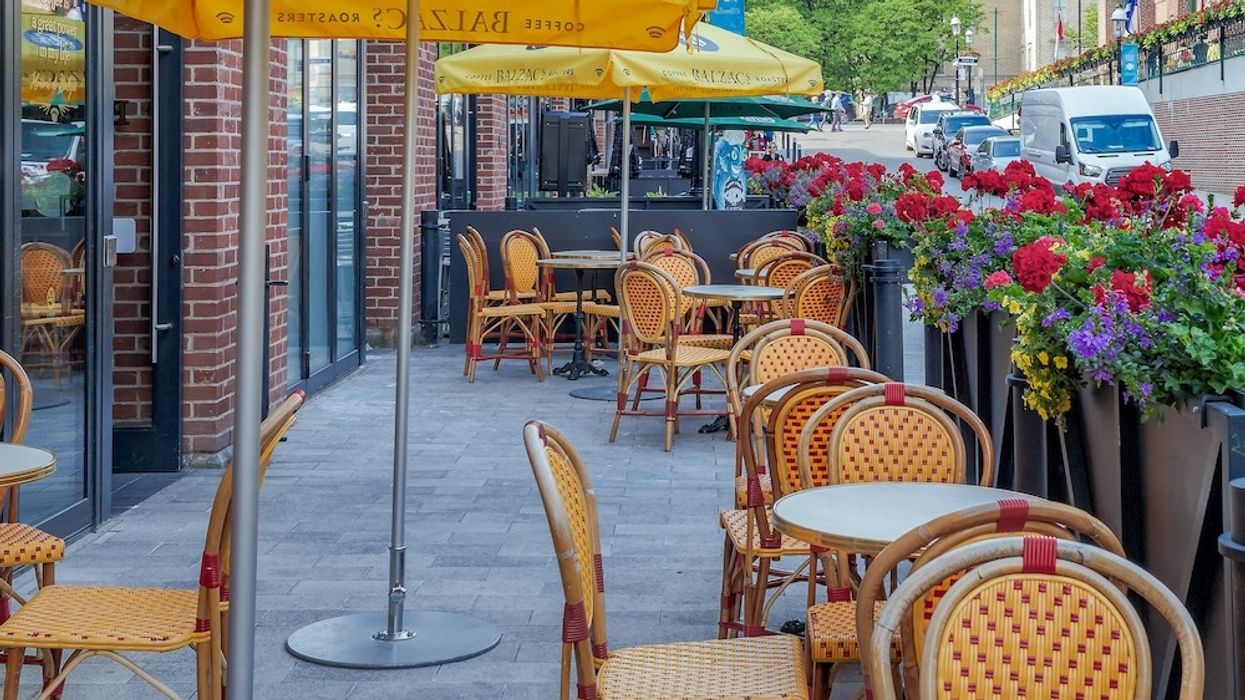A new bylaw for the City of Toronto took effect on Monday that could see retail and service businesses pop up in residential neighbourhoods.
A motion passed by City Council during their July 19 meeting called for changes to the Official Plan that would allow small-scale retail, service, and office use in neighbourhoods as a way to support residents' daily life and encourage "complete, connected communities." The amendments, the City said, will include further consultation and research in the feasibility of allowing such changes.
With a 30-day appeals period laid out for amendments, the changes come into effect Monday, August 22.
In a City staff report presented to Council in July, commercial uses such as small grocery or convenience stores, dry cleaners, cafes, medical services such as physiotherapy, and personal services such as a barber or tailor were all proposed as possible allowances. Other examples included home offices, private home daycares, and community gathering spaces, including art galleries.
According to the City Council motion, these businesses would need to be of a physical scale that is compatible with the neighbourhood, and have minimal adverse impacts on nearby residents. They would also need to serve the needs of the residents in a way that would reduce local automobile trips.
"By reducing the need to travel longer distances by car for goods and services, this change will also support the City’s goals to reduce greenhouse gas emissions and achieving net zero emissions by 2040," a City press release reads.
Additional work, including expanded city-wide zoning bylaw permissions for local neighbourhood retail and service uses is expected to be considered in 2023.
Neighbourhood-designated lands occupy roughly 35% of the city's land area, and with a significantly larger number of residents now working from home and spending more time in their neighbourhoods, reliance on local shops and services has increased.
Architect and Urban Planner Naama Blonder says that there is amazing potential with the proposed zoning allowances that would not only improve the lives of residents but improve a neighbourhood's character.
"I think it will make our neighborhoods more charming and actually a fun place to be because there will be this exploring of the neighborhood because they will be in different corners," Blonder said. "For the pedestrian experience, I think it will really enhance it because you will walk around and find these little charming corner coffee shops and little stores."
Toronto certainly wouldn't be the first city to have such allowances. Blonder points to Tokyo as an example of a major city that permits commercial spaces in residential neighbourhoods.
"Tokyo zoning has 12 categories and even the most restrictive one permits small retail that supports the residential needs, so a typical mom and pop shop," Blonder said. "Another is actually a neighborhood in Berlin. You go and it’s a completely calm, residential neighborhood and you walk around and you have a little restaurant and a small coffee shop and a small playground. It’s really all over the place, it’s not really continuous. It serves the neighborhood and, more importantly, it adds to its character."
As to be expected, the Toronto City Council decision did not come without some pushback. In a letter sent to Council, Long Branch Neighbourhood Association Board Member Andy Choles raised concerns about the effect that living beside a café or restaurant could have on residents, writing that it "would be like having a neighbour that had a backyard barbeque every single night." Another letter, written by Sheila Dunlop, secretary of the South Armour Heights Residents' Association, took issue with the vagueness of the motion's wording that businesses will have to be of a "physical scale" that's compatible with the neighbourhood.
"What are the criteria?" Dunlop wrote.
Mayor John Tory, however, expressed clear support for the change, saying that it will both improve neighbourhoods and help the city lower its emissions.
“Expanding opportunities for retail, services and office uses in local neighbourhoods is economically, socially and environmentally important," Tory said in a press release. "These amenities bring vibrancy to communities and provide opportunities closer to home, which is critical for improving access to goods and services, achieving net zero emissions by 2040, and increasing community safety. The Local Neighbourhood Retail and Services study is an important step to support the livability of our city.”





















